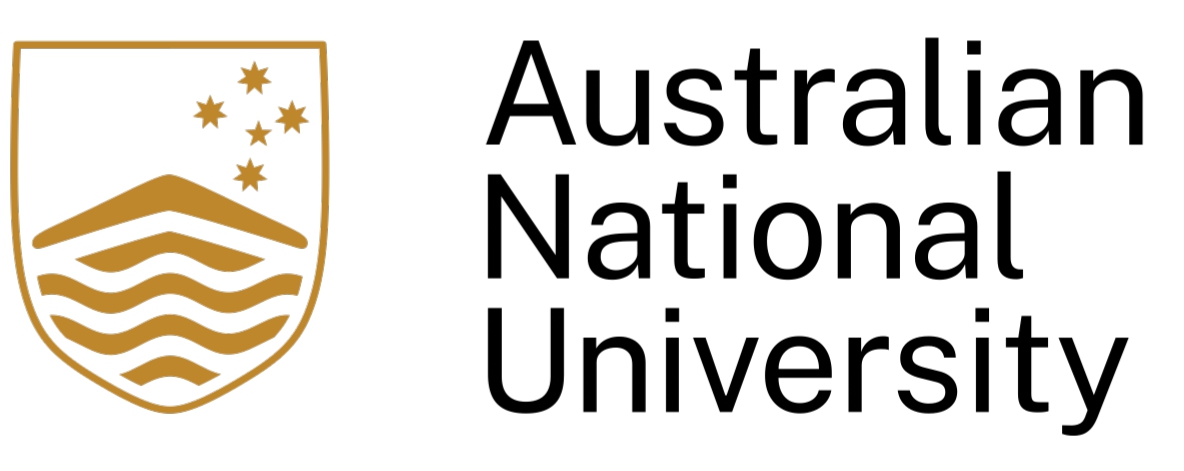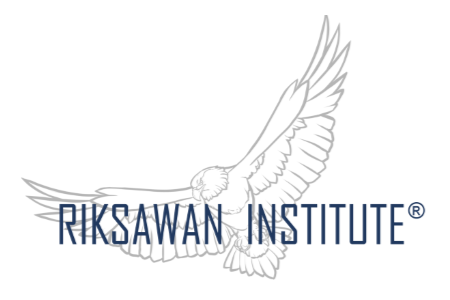Applied Neuroleadership in Indonesia
Abstract
The relationship between brain and behaviour has perplexed philosophers and recent technological advances have allowed neuroscience to flourish, alongside growing romanticism that reductionist studies will allow us to understand complex interpersonal behaviours. Organizational cognitive neuroscience and neuroleadership are newly established interdisciplinary fields that use neuroscientific techniques to answer questions about behaviours within organizations. Neuroleadership aims to discover screening tools for good leaders, to improve leadership skills, and to identify unconscious factors affecting behaviour in hopes of improving management and leadership practices. Indonesian democracy is currently in a positive developmental condition and deserves to be appreciated. This opinion refers to several political realities such as the implementation of elections that develop from the district /city, provincial level, and finally at the national level, which takes place in relatively safe and controlled environment, without causing turmoil or violence and does not cause chaos. A successful democracy and great leaders have brought Indonesia to have economic growth and has provided it the resources and clout to exercise a greater regional and global role.



.jpg)
.jpg)
.jpg)
.jpg)


.jpg) .
.

.jpg)

.jpg)

.jpg)




